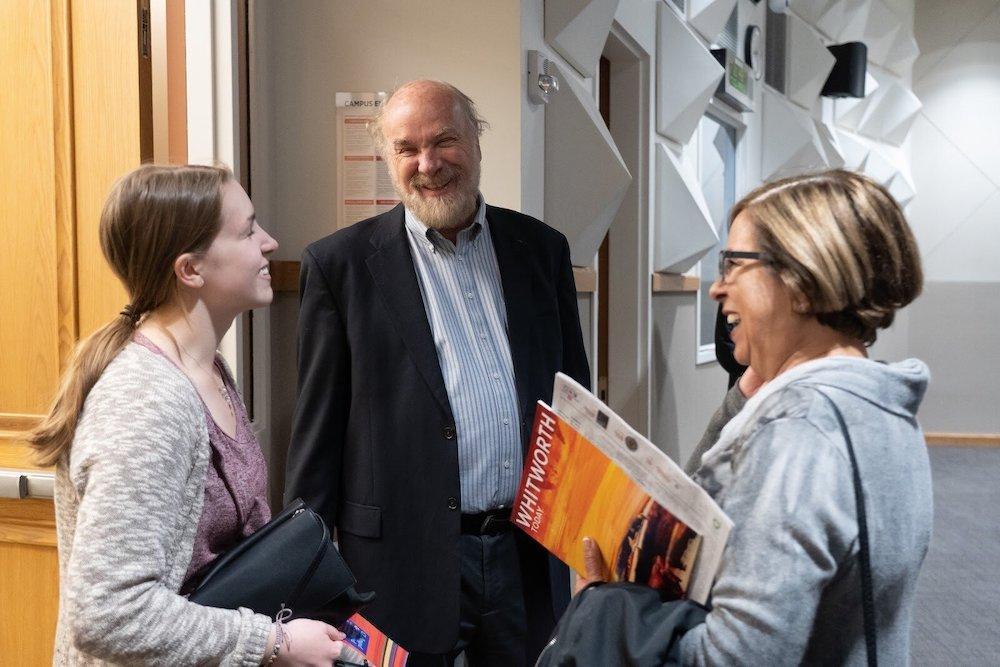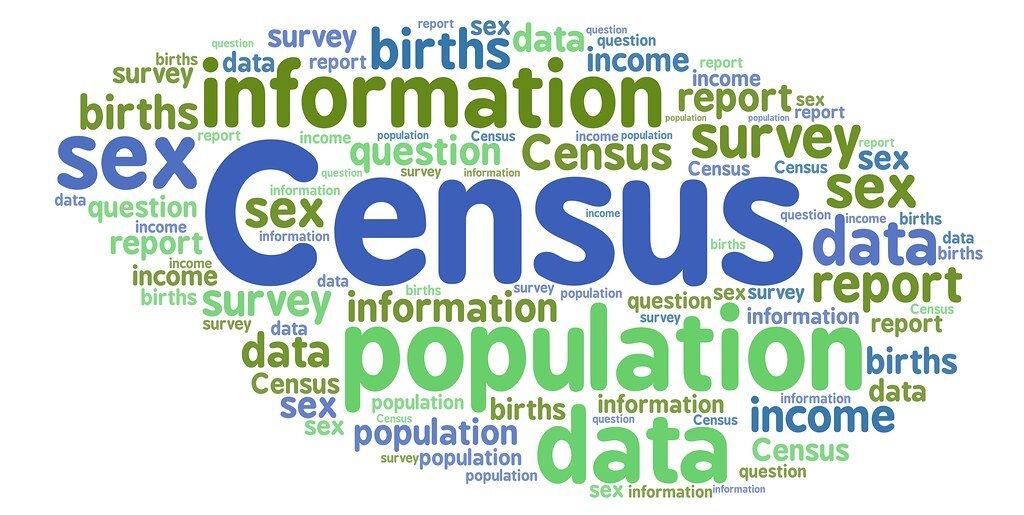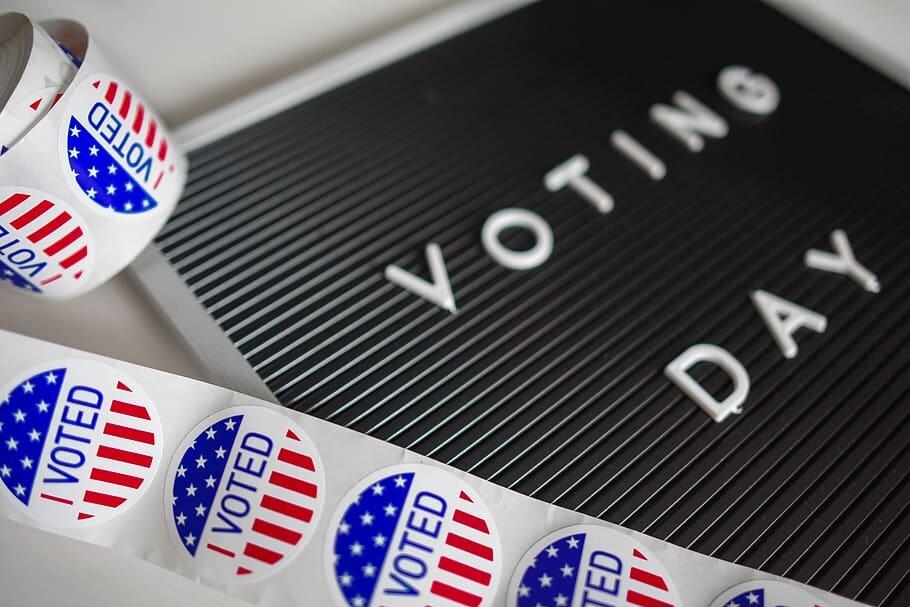We all have that one friend who grew up with strict parents and agrees with everything they taught them. Actually, we all probably have lots of friends like that—the ones who believe what they believe solely because it’s what they grew up learning. And when it comes to voting, these friends may cast their vote based on what their parents think and taught them to do—and there lies the issue that we need to look at.
In the United States, once we turn 18, we’re eligible to vote, and it’s also often when we move away from our homes to start a new chapter of our lives, further away from our parents. And when it’s time for us to vote for our first election, some of us might turn immediately to the candidates, policies, or opinions that our parents taught us were “correct.” According to the results of a youth survey done by Gallup, “7 in 10 teens say their social and political ideology is about the same as mom and dad’s.” This is hard to believe when there seems to be such a generational gap between the different age ranges in our society today.
Rather than doing our own research, watching debates, and formulating our own individual opinions based on what we believe to be true or morally “right,” some of us choose to conform to the views instilled in us by our parents. Rather than using the right we have to vote and to have a say in elections, we choose to be ignorant and not put the time into doing the research.
As stated by author and child psychologist Carl Pickhardt in an article published in the Atlantic, “extremely rigid views of right/wrong, trust/distrust, love/hate can be embraced by children who want to stay connected to parents, and can be cast off by children who, for their own independence, are willing to place the parental relationship at risk.” For some young adults, it may be difficult to vote based on their individual opinions because of the amount of pressure put on by their parents to think a certain way, and to vote a certain way. And I understand this.
However, if young adults do not do their research and formulate their own beliefs in order to make an informed voting decision, especially when it comes to presidential elections, how are they really exercising the freedom they have to vote? How are they truly putting into practice the right they have been granted to have a say in who leads their country?
Many of us young voters are fortunately becoming more active in our country’s political system as a result of tragedies, such as mass shootings, that have directly affected us and our generation. However, a number of young voters still seem to complain about who is getting put in charge of our nation – when, in fact, some of them who just go along with their parents’ political ideologies, may very well be a part of the cause they’re complaining about.










 Spokane?
Spokane?